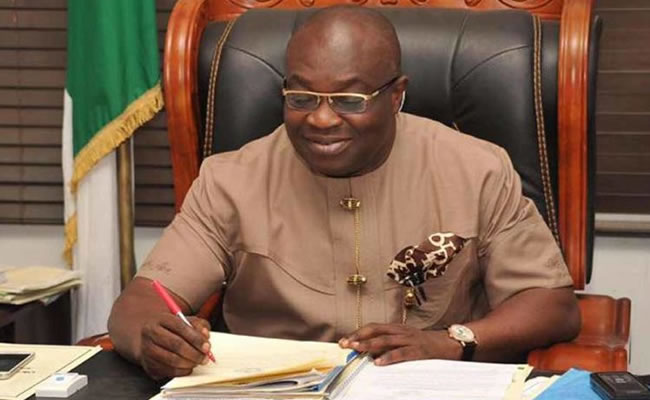Life and Times of Abba Kyari as Military General

Abba Kyari , between 17 November 1938 – 25 November 2018 was a Nigerian Army Brigadier who served as Governor of the now defunct North-Central State, Nigeria after it was formed from the Northern Region during the military regime of General Yakubu Gowon. As an army officer Kyari had survived a mutiny by a battalion under his command in the aftermath of the July 1966 Nigerian counter-coup. He subsequently rose to command the Nigerian Army’s 1 Brigade and then the army’s artillery branch. In July 1967 he was appointed governor of North-Central State under the military government of Yakubu Gowon.

He held the position for seven years and implemented a masterplan for the development of the city of Kaduna. He cautiously welcomed the return to civilian rule. Kyari later led the northern delegation of the 1994 National Constitutional Conference and chaired its National Defence Committee. After his retirement he was a director or chairman of several businesses in Nigeria.
Read Also Throwback: Abba Kyari’s last letter to Nigerians
Read Also Life and Times of Abba Kyari as politician
Gowon administration
During the outbreak of violence against the Igbo people in Northern and Central Nigeria in 1966, Abba Kyari assisted Igbo soldiers in escaping from Kaduna, including Major Samuel Ogbemudia, who later was appointed Governor of Mid-West State in September 1967 following the state’s liberation from secessionist Biafran forces. General Yakubu Gowon appointed Colonel Kyari Governor of North-Central State in July 1967 and he remained in this role until July 1974. As governor, he commissioned a master plan for the Kaduna metropolis, but in practice the plan was not followed by his successors. He was not tolerant of the free press. For example, in April 1975 he strongly attacked the New Nigerian for publishing a picture of officers attending a conference that mainly showed junior officers. Towards the end of Gowon’s administration, Kyari was a cautious advocate of return to civilian rule.








